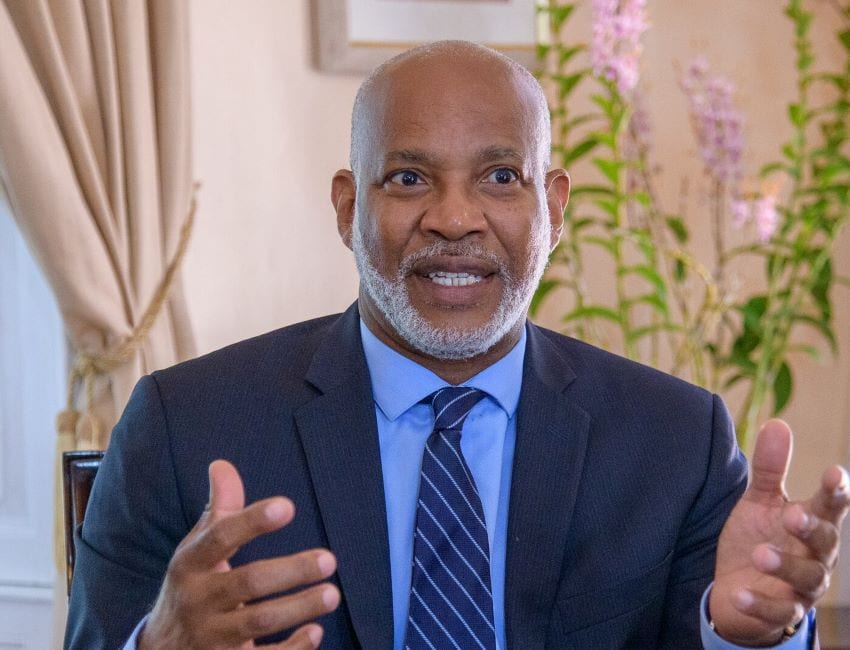
Statement from Attorney General and Minister of Legal Affairs, Dale Marshall, on World Day Against Trafficking in Persons – Victim’s Voices Lead the Way
As the world fights a global pandemic, it is also fighting one of the worst atrocities to humankind – trafficking in persons. Whether we are referring to domestic servitude, trafficking of men and women, boys and girls lured from their countries of origin to be prostitutes, exotic dancers or masseuses, escorts, exploitation of workers on farms or construction sites, it is a heinous crime.
Human trafficking is a hidden crime and a global phenomenon from which no country, including Barbados, is spared. Victims of this form of slavery are exploited and forced into service at the benefit of the trafficker. The stories are horrific and the impact on victims is permanent.
As a consequence, the victims suffer post-traumatic stress disorder, endure multiple types of victimisation including rape, physical and verbal abuse and neglect and many turn to drug or alcohol abuse as a mechanism to survive their abuse.
In the absence of empirical evidence on these types of crimes in Barbados a study will be conducted to determine the extent of human trafficking in Barbados this year.
With CSME and the Treaty of Chaguaramas, crossing borders in search of employment within Member States is perfectly legal, however unwittingly, persons are being trafficked.
Victims of trafficking are unaware of the legal protection to which they are entitled and may fear being prosecuted or punished for crimes or immigration violations committed as a direct result of the trafficking scheme. I want to assure you that victims will not be prosecuted as they are protected under Barbados’ human trafficking legislation.
As we commemorate World Day Against Trafficking in Persons, the Government of Barbados is committed to continuing the fight against this problem and has made human trafficking a priority.
We will continue to strengthen our partnership with NGOs, faith-based organisations, the private sector, victim advocates, and human trafficking survivors, whose voices are critical to developing effective anti-trafficking strategies and public policies.
Our legislation and approach to human trafficking is victim centred, including assistance to victims of human trafficking in the form of covering costs of victims’ repatriation to their home country, providing shelter, medical assistance and legal aid.
Additionally, we endeavour to actively investigate and prosecute cases of exploitation and human trafficking within our borders and recruitment from overseas territories. We have provided training in human trafficking to members of the judiciary, prosecutors, immigration and police officers and we are about to embark on even more training for our law enforcement officers.
We have developed indicators to assist in detecting and investigating potential cases of human trafficking with the assistance of our international partners.
We have begun to create a public awareness campaign and will continue to roll out aspects of our National Plan on Human Trafficking, already approved by Cabinet. We acknowledge that there is work to be done and my Government will continue to be actively involved in the fight against human trafficking.
